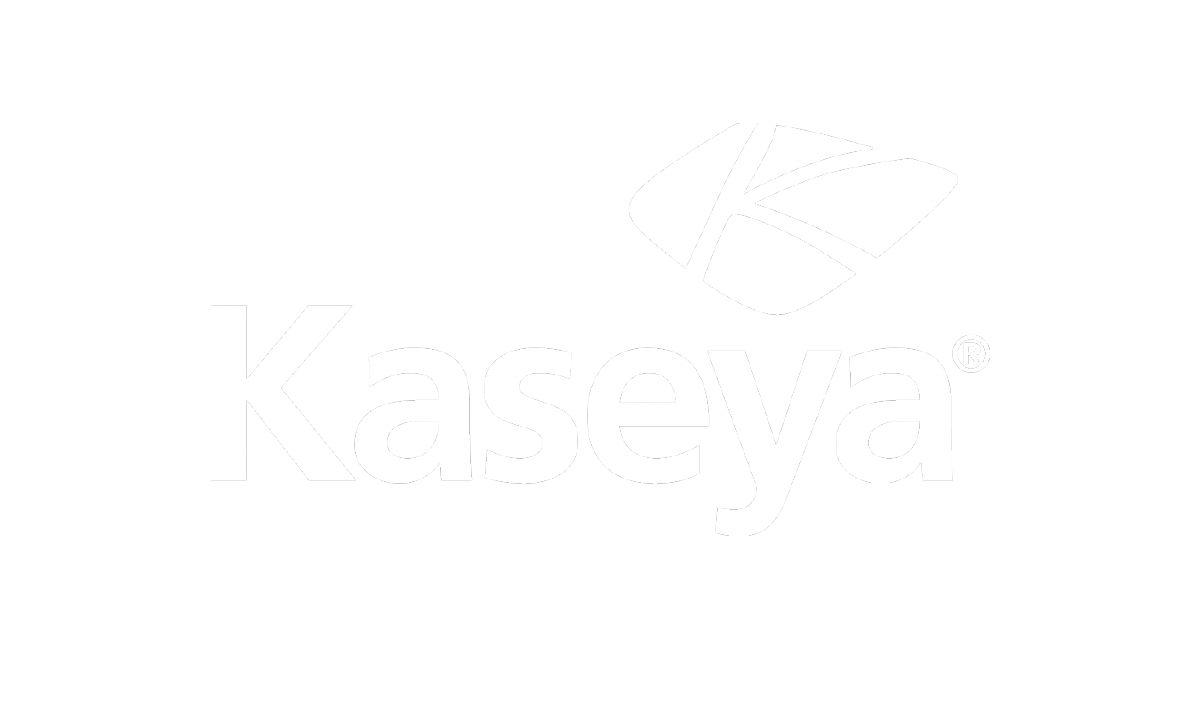The Future of NPS: Predictive Analytics and Proactive Customer Engagement

Unlock the Power of Predictive Analytics and Proactive Engagement to Revolutionize Your Customer Service Strategy

Net Promoter Score (NPS) has long been a staple in measuring customer satisfaction and loyalty. However, relying solely on NPS for customer feedback presents limitations. It provides a snapshot of customer sentiment but lacks the depth needed for proactive engagement and detailed predictive insights. With the advent of predictive analytics, we are now equipped to transcend these limitations and revolutionize how businesses understand and engage with their customers.
The rise of predictive analytics in customer service
Predictive analytics involves using historical data, machine learning algorithms, and statistical techniques to forecast future outcomes. In customer service, predictive analytics helps in anticipating customer needs, identifying potential issues before they arise, and enhancing overall customer satisfaction.
For instance, a telecommunications company that employs predictive analytics to improve its customer service. By analyzing historical data on customer interactions, service usage patterns, and support tickets, the company can identify common factors that lead to customer dissatisfaction. Suppose the analysis reveals that customers who experience frequent service disruptions are more likely to churn. Using this insight, the company can proactively reach out to these at-risk customers, offering personalized solutions and support before they decide to switch to a competitor. This proactive approach not only improves customer satisfaction but also significantly reduces churn rates, demonstrating the powerful impact of predictive analytics in customer service.
Enhancing NPS data with predictive analytics
Predictive analytics can significantly enrich NPS data by providing context and foresight. For example, tools like Salesforce Einstein Analytics and IBM Watson analyze patterns within NPS responses to predict future customer behavior. These tools help businesses understand not just what customers think but why they feel that way and what they are likely to do next.
Benefits of predictive analytics for NPS
Predictive analytics provides a deeper, more nuanced understanding of customer feedback than NPS alone can offer. By leveraging data from various touchpoints, businesses can gain insights into underlying trends and patterns that drive customer behavior. This comprehensive view allows for more accurate predictions and proactive measures, ensuring that customer service strategies are not only reactive but also anticipatory. Here are some key benefits of integrating predictive analytics with NPS:
-
Improved accuracy in predicting customer behavior
Predictive analytics enhances the accuracy of customer behavior predictions. By analyzing trends and patterns in customer feedback, businesses can forecast potential churn, identify opportunities for upselling, and tailor their services to meet evolving customer needs.
-
Early identification of at-risk customers
One of the critical benefits is the early identification of at-risk customers. Predictive models can highlight customers who show signs of dissatisfaction, allowing businesses to intervene before these customers decide to leave. This proactive approach helps in maintaining a loyal customer base and improving retention rates.
-
Personalized customer engagement strategies
Predictive analytics enables the creation of highly personalized customer engagement strategies. By understanding individual customer preferences and behaviors, businesses can offer tailored solutions and communications that resonate more effectively with their audience.
Proactive customer engagement
As businesses strive to create more meaningful connections with their customers, proactive engagement emerges as a critical strategy. Unlike traditional, reactive approaches that respond to customer issues as they arise, proactive customer engagement anticipates and addresses needs before they become problems. This forward-thinking approach, when combined with predictive analytics, ensures a seamless and satisfying customer experience. Here’s why proactive engagement is vital and how it works hand-in-hand with predictive insights.
The importance of proactive customer engagement
Proactive customer engagement involves anticipating customer needs and addressing them before the customer reaches out. This approach is essential for creating a positive customer experience and building long-term loyalty. Unlike reactive customer service, proactive engagement shows customers that the business values their needs and is committed to their satisfaction.
Predictive analytics with proactive engagement
Proactive engagement and predictive analytics complement each other perfectly. While predictive analytics provides the insights needed to understand future customer needs, proactive engagement ensures these needs are met promptly. This combination allows businesses to stay ahead of customer expectations and foster deeper relationships.
Strategies for proactive customer engagement
Effective tools for proactive engagement include customer relationship management (CRM) systems like HubSpot and Salesforce, which can automate and personalize customer interactions. Strategies such as sending personalized emails, offering proactive support, and regularly checking in with customers can significantly enhance customer satisfaction.
The future of NPS with predictive analytics and proactive engagement
Trends and predictions for the future of NPS
The future of NPS lies in its integration with advanced technologies like predictive analytics and artificial intelligence (AI). As these technologies evolve, we can expect more sophisticated and accurate customer insights, enabling even more proactive and personalized customer engagement.
The role of AI and machine learning
AI and machine learning will play pivotal roles in advancing NPS. These technologies can automate the analysis of vast amounts of data, providing real-time insights and enabling faster, more effective decision-making. For example, AI-powered chatbots can offer immediate, personalized responses to customer inquiries, enhancing the overall customer experience.
Potential challenges and how to overcome them
Despite its potential, integrating predictive analytics with NPS presents challenges. These include data privacy concerns, the need for significant investment in technology and expertise, and potential resistance to change within organizations. Overcoming these challenges requires a clear strategy, investment in the right tools and training, and a culture that embraces data-driven decision-making.
The future of customer service
Combining NPS with predictive analytics and proactive engagement represents the future of customer service. This integration allows businesses to anticipate customer needs, address issues before they escalate, and provide highly personalized experiences. As AI and machine learning continue to advance, the potential for even more sophisticated customer insights and engagement strategies will grow, helping businesses stay ahead in a competitive market. To explore how Crewhu can help your business leverage these advanced customer feedback solutions, book a demo today.
Topics: NPS, customer engagement






